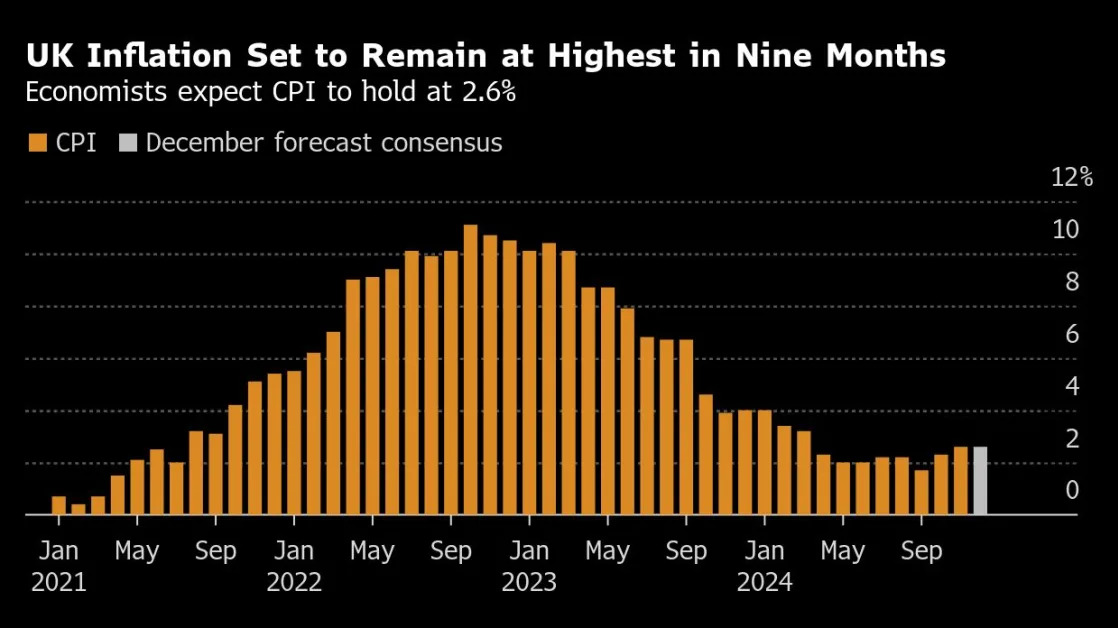(Bloomberg) -- Analysts’ forecasts for Japanese stocks show little correlation with their actual performance, according to an analysis of 20 years of data from a former chief strategist at Nomura Holdings Inc. who now teaches at a university in Tokyo.
Annual analyst forecasts for the Nikkei 225 Stock Average compiled by Bloomberg and the index’s year-end levels showed a slight negative correlation of -0.2, according to Hiromichi Tamura, professor at the Tokyo University of Science’s graduate school of management.
A reading of 1 would mean that the forecasts and the results are moving in lockstep. The analysis, which used data from 2004, also showed forecasts tended to have a positive bias.
Forecasting stock prices is seen by institutional investors as being more difficult than making predictions for horse racing, said Tamura in an interview. Retail investors, whose interest in stocks have jumped in recent years, should understand that forecasting prices is difficult even for professionals, and should look at the logic behind the predictions instead, he said.
It’s not only in Japan where analysts’ forecasts are seen to diverge from results. Wall Street stock strategists have underestimated the S&P 500’s returns in 13 of the past 16 years, Mark Hackett, chief market strategist at Nationwide Investment Management Group, wrote in December. Making one-year projections with any accuracy is challenging, if not impossible, and investors should view them with “a healthy dose of skepticism,” he wrote.
While institutional investors may be less affected by any misses in analyst projections as they form their own views, retail investors may be more vulnerable. Japanese individuals have been buying stocks since the government has encouraged them to invest their savings via the Nippon Individual Savings Account program. Repeated disappointment in analyst forecasts may damp their risk appetite, Tamura wrote.
Market research and analysis are largely based on factors including assumptions about economic conditions and sentiment, which are uncertain and often change, Hackett wrote in his note.
Index targets never came up during meetings with institutional investors, said Tamura, who held other roles including chief quantitative strategist during his time at Nomura. “I used to forecast year-end index targets when I was a strategist, but I wondered about the purpose.”





